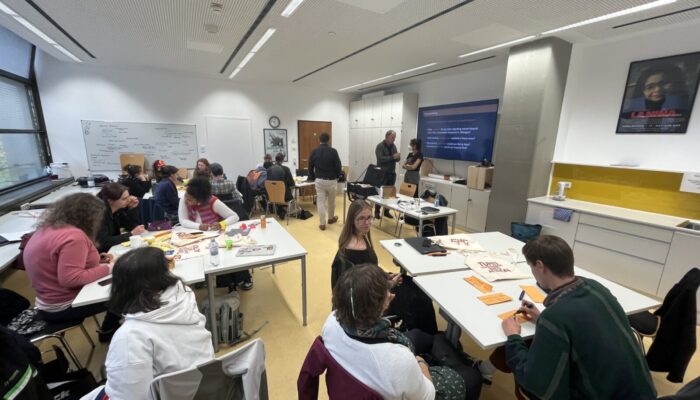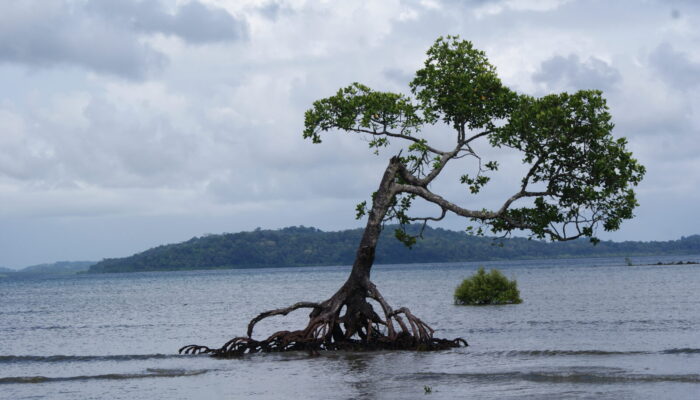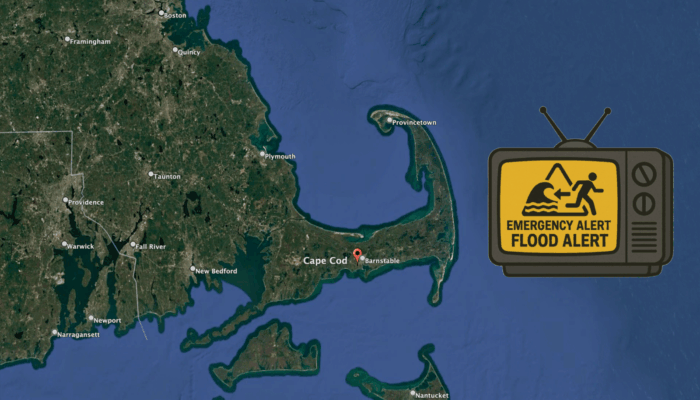This week, we turn our attention to education and collaboration in Disaster Risk Reduction (DRR). Dr. Solmaz Mohadjer has been leading an innovative Service-Learning course that brings students together with non-profit organisations working at the forefront of risk reduction. The course not only introduces students to the complexities of disasters and resilience but also creates space for dialogue ...[Read More]
From Classroom to Community: Bridging Disaster Risk Reduction Education with the Real World Through Service-Learning




